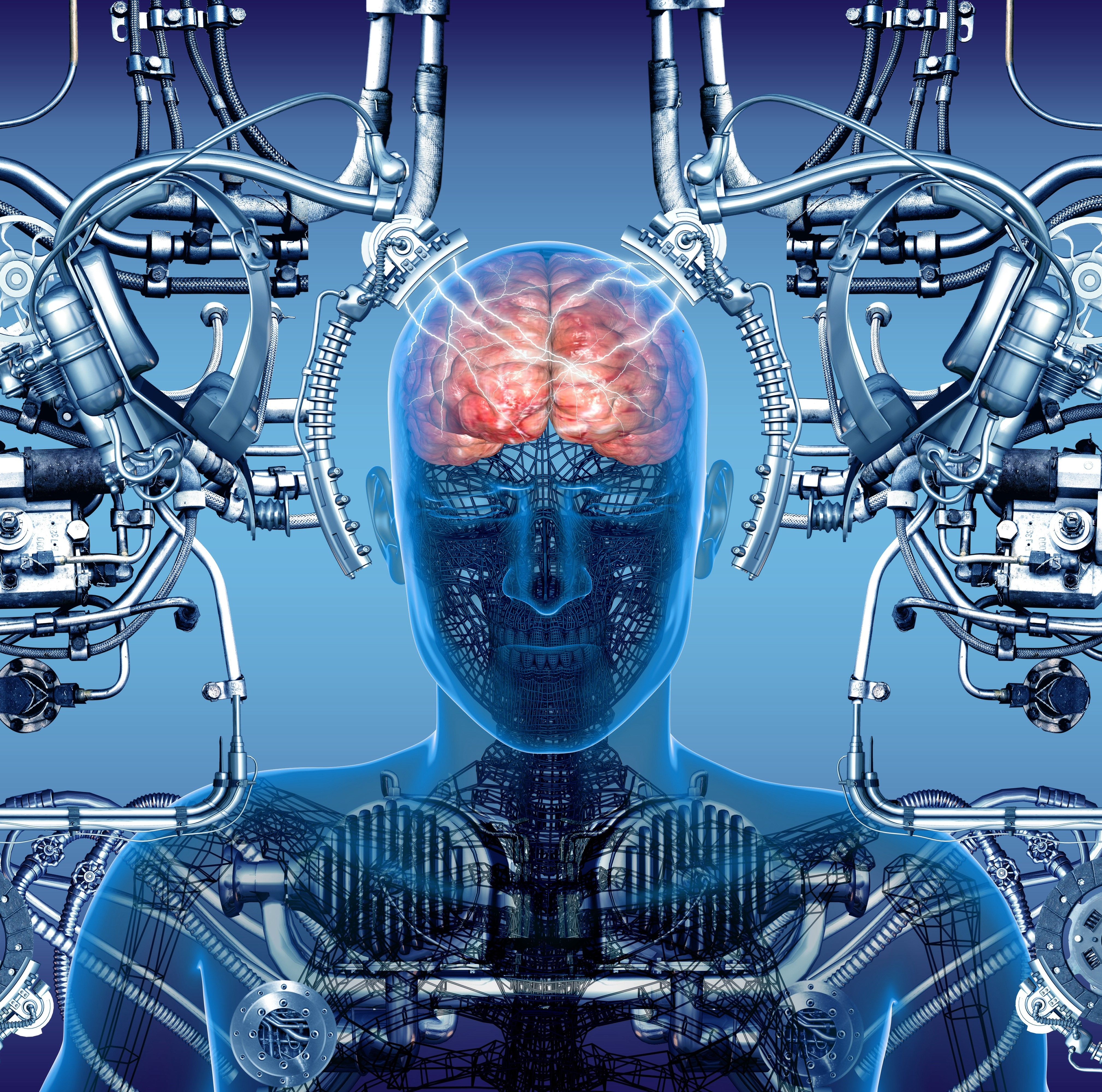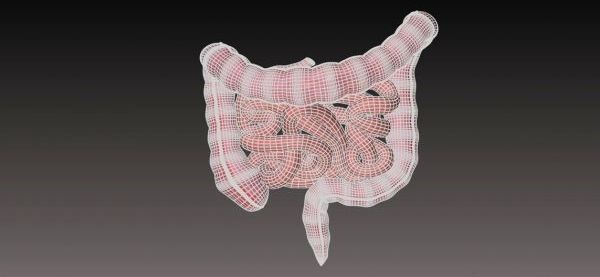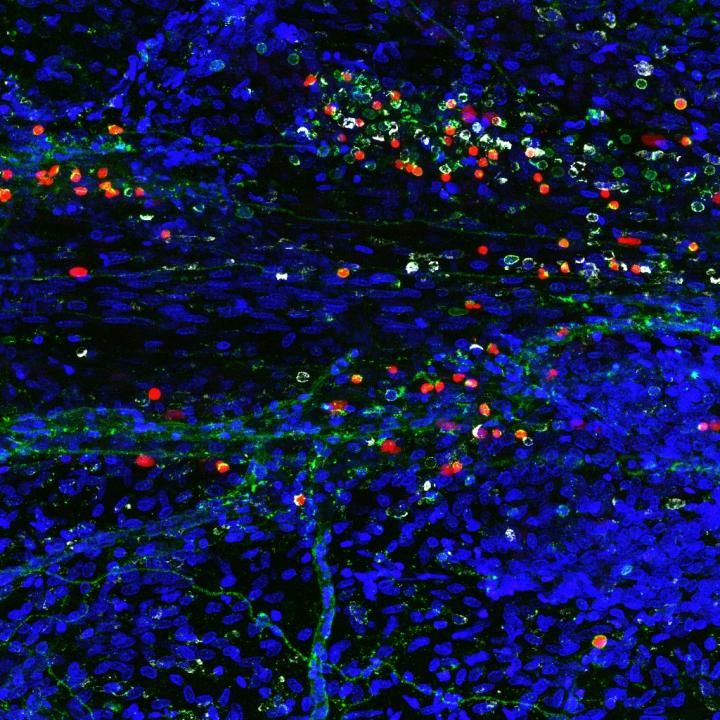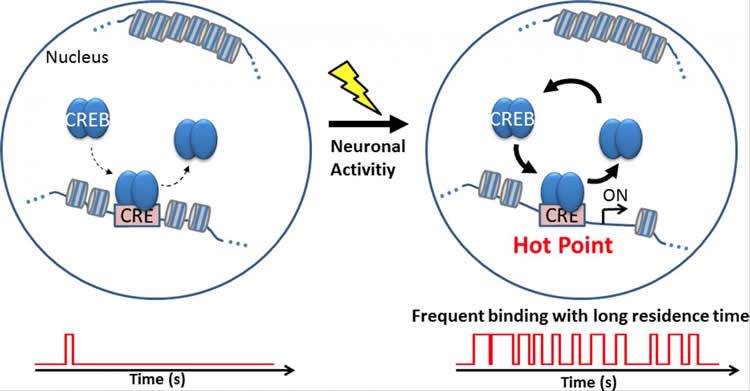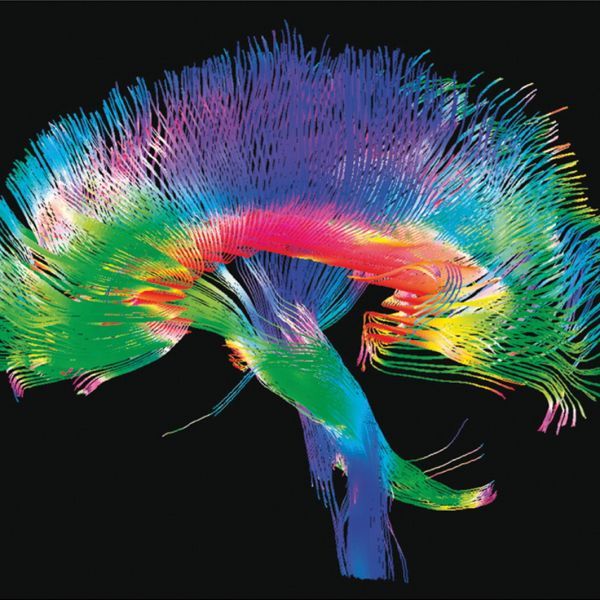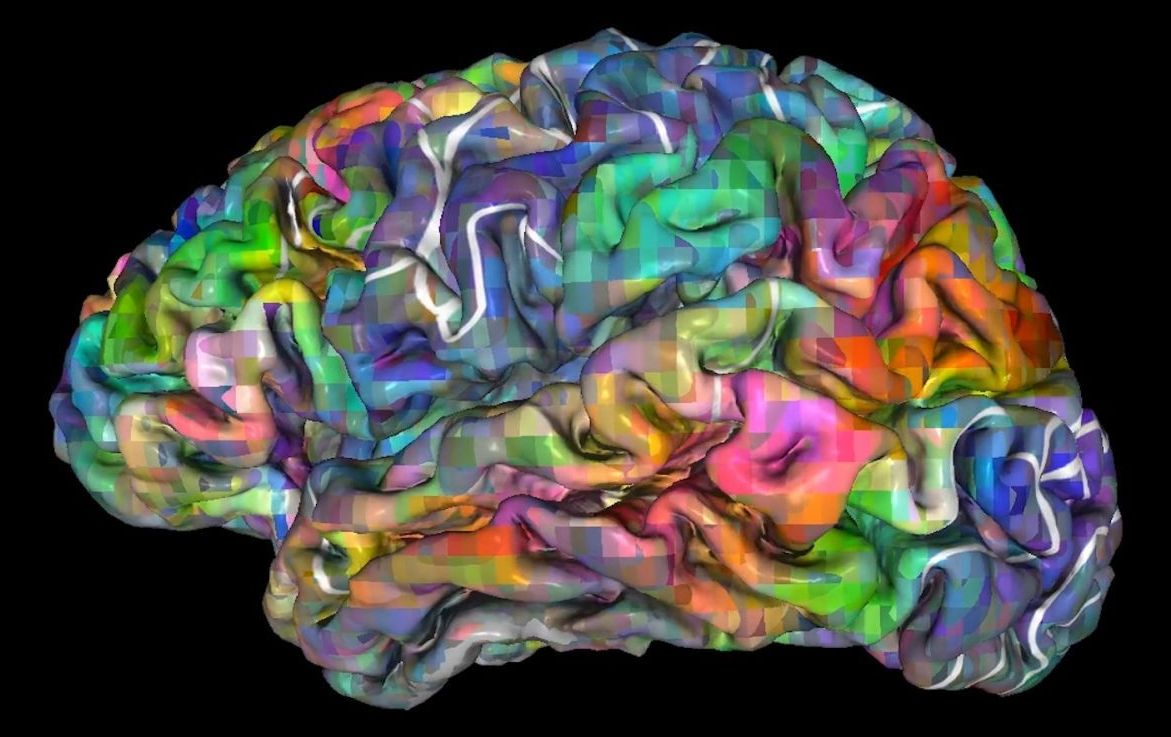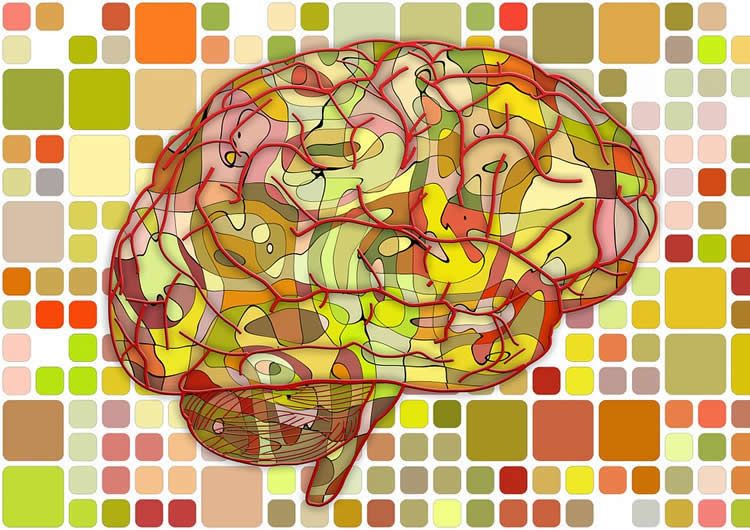Jan 2, 2017
America’s refusal to embrace gene editing could start the next Cold War
Posted by Zoltan Istvan in categories: bioengineering, biotech/medical, cyborgs, employment, genetics, military, neuroscience, transhumanism
New version of this out: https://www.geneticliteracyproject.org/2017/01/02/americas-r…-cold-war/ #transhumanism #biohacking
Unlike other epic scientific advances…the immediate effect of genetic editing technology is not dangerous. Yet, it stands to be just as divisive to humans as the 70-year proliferation of nuclear weaponry.
The playing field of geopolitics is pretty simple: If China or another country vows to increase its children’s intelligence via genetic editing, and America chooses to remain “au naturel” because they insist that’s how God made them, a conflict species-deep will quickly arise.
Continue reading “America’s refusal to embrace gene editing could start the next Cold War” »
